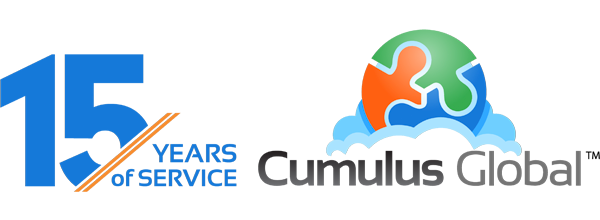Coronavirus: Prep Instead of Panic
![]() Updated Mar. 23, 2020. (new content in italics)
Updated Mar. 23, 2020. (new content in italics)
Coronavirus is in the news with broad localized impact. The Centers for Disease Control is urging everyone to prepare for a major public outbreak of COVID-19 will strike the United States. Here is a high level update:
- Extensive “Community Outbreaks” have been identified by the Centers for Disease Control (CDC), with confirmed cases rising at a sharp rate in several areas of the country.
- Several states, counties, and local governments are issuing lock-down or “shelter-in-place” orders, severely restricting business and personal activities.
- Many states and local governments restricting meetings and services.
- School are closing for extended periods of time. Government facilities are closing to the public
- Employers are restricting travel and meetings
- Employers are telling employees to work from home
- Restaurants and bars are restricted to carry-out and delivery only
- Mandatory quarantines are in place in some areas
What does this mean for us and our businesses?
Experts currently agree that potential for wide-spread outbreaks exists and there is an urgent and critical need to minimize the spread of the virus. That said, we should expect, and be prepared, to address localized issues. These can include:
- Employees being quarantined at home, or while traveling, due to possible exposure or systems.
- Closing offices to facilitate social distancing
- School closings, requiring employees to remain home with children.
- Localized building shutdowns, including government offices, courts, etc.
- Impact on, or hesitancy to use, public transportation; reduced public transportation schedules
- Cancellation of conferences, meetings, and events.
- Hesitancy to travel, or restrictions on travel destinations.
Each of these feels manageable if the inconvenience is only for a limited time. But with quarantines running 14 days (or more) and concerns that the virus might live on surfaces for as long as nine days, these disruptions may create serious challenges.
Question to Ask and Consider
- Have we communicated a policy to employees that “Safe is better than Sorry”
- Do employees know to stay home and avoid meetings if they are not feeling well?
- Should your business alter or halt normal operations?
- Should you close your facilities to some or all employees?
- Can your employees easily and efficiently work remotely?
- Does this include employees who normally work at the office?
- What materials, documents, or services might they need?
- Will functions, such as customer service, function properly with remote users?
- For employees that don’t normally work at home:
- Do they have sufficient Internet bandwidth?
- Do they have the software needed to use your VoIP phone service?
- Do they have an appropriate device (personal or company-provided)?
- If using personal devices, do they have the necessary software and versions?
- Can you extend business phone service to workers at home? If so, are you comfortable
getting this setup?
- Do you have the ability to replace travel and on-site meetings with video conferencing?
- Are enough of your conference rooms equipped for conferencing?
- Is your team comfortable using the equipment and services?
- For employees who do not normally work remotely or use audio/video conferencing:
- Do they have access to audio/video conferencing services from their devices?
- Do they understand how to use the services from their computers or phones?
- Are they comfortable with using these services?
- What functions can be scaled back or delayed with minimal impact to operations, cash flow, customer service, etc.?
- Which functions are critical to your business continuity?
- Will supply chain issues disrupt your business?
- How might the evolving economic fallout impact your business?
Steps to Take
As you consider and answer the above questions, and others, you can better understand how to prepare. For some, enabling more remote work may be as simple as a temporary cloud file service or migrating files from on-premise file servers to cloud file services. Other businesses might consider ensuring team members have suitable computers at home or company laptops available if needed. Now might be the time to add Teams Meeting or Hangout Meet hardware and services to your conference rooms and huddle areas. And some businesses may want to expand remote access to business systems or relocate applications to cloud servers.
The good news is that you are not alone. As you monitor events, assess your risks, and plan, we are here to help.
Please:
- Join our Open Office Hours on Wednesday March 18, 2020 at 2:00 pm ET.
- Contact us and take advantage of our expertise and, if appropriate, our services.
We are in this together.
Thank you,
![]()
Allen Falcon, CEO and Pragmatic Evangelist

